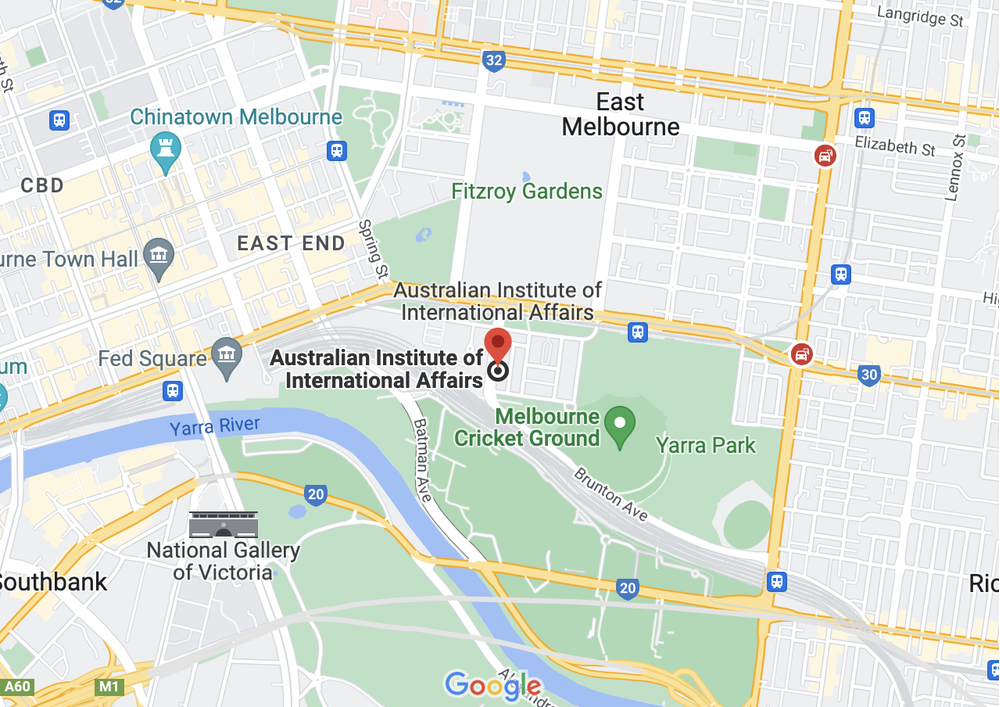The Taliban's takeover of Afghanistan on 15 August 2021 undid the significant achievements of the Women, Peace and Security (WPS) agenda in Afghanistan and reinstituted gender apartheid.
Since 2001, there have been concerted efforts, at least institutionally, to promote women's participation in the parliament, in government and the security sector, and to protect women and girls from gender-based violence and other violations of their human rights.
As a conflicted society, Afghanistan had a long way to achieve its gender equality goals sustainably and meaningfully.
The withdrawal of western forces not only destabilised these achievements, but revealed the lack of commitment to protecting women's rights as the Taliban were ceasing power militarily. On 15 August 2022, UN Women issued a Gender Alert saying that one year on from the Taliban take-over in Afghanistan, women "are systematically excluded from public and political life, and restricted in their access to education, humanitarian assistance, employment, justice and health services".
What can the international community do to restore women's fundamental rights and freedoms? What is the scope for supporting Afghan women representatives to negotiate directly with the Taliban, and for including Afghan women as equal partners to inform advocacy and policy priorities? What can Australia do to promote an inclusive peace settlement in Afghanistan?
AIIA Victoria invites you to join Dr Jacqui True and Dr Farkhondeh Akbari to discuss the challenges for the women, peace and security agenda in Afghanistan.
We gratefully acknowledge the Walter Mangold Trust Fund for its ongoing support of our young members.
This event will be held both in person at Dyason House, and online. To download the pdf flyer please click here.
(Image Credit: Ehimetalor Akhere Unuabona/Unsplash)

